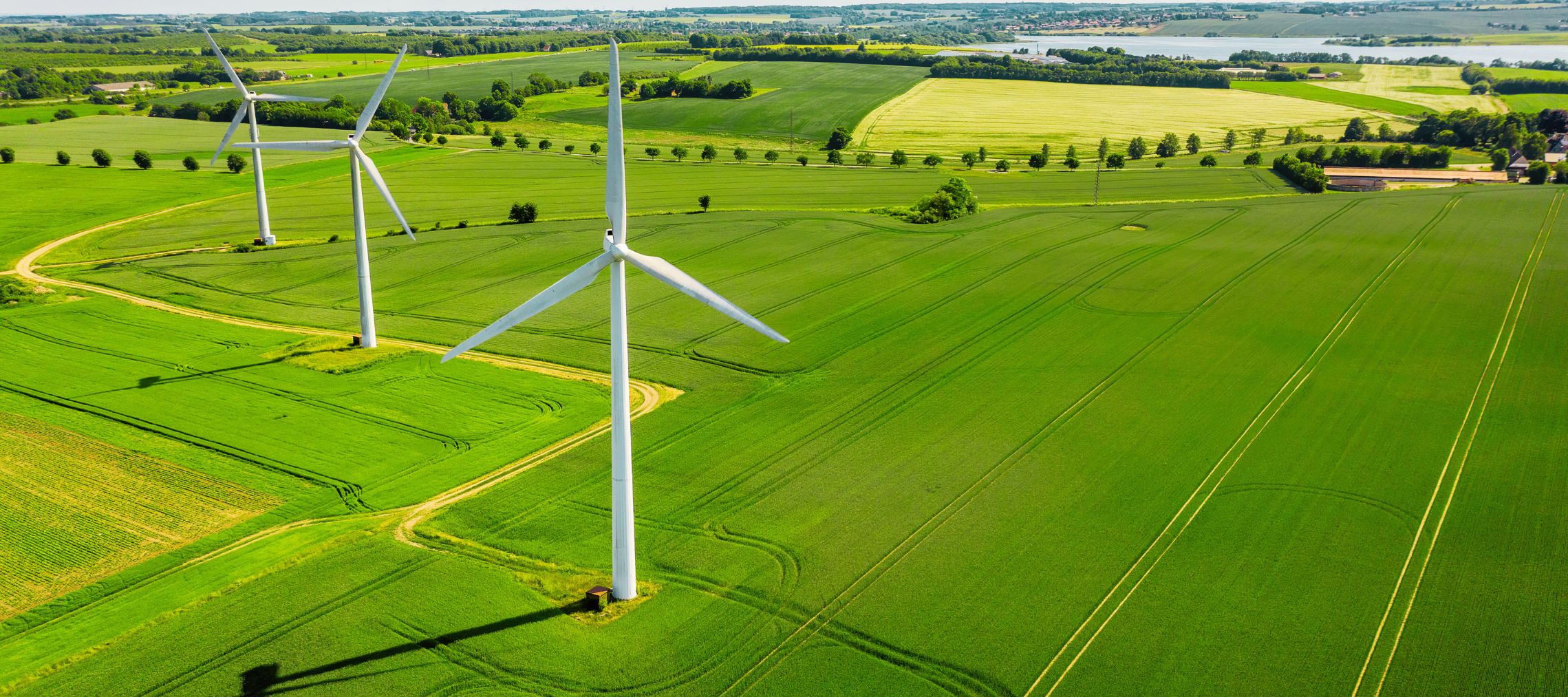Recent studies show that 67% of public transport commuters in India shifted to private vehicle ownership after the initial Covid-19 crisis (during 2021-22). Around 96% of these new vehicles were internal combustion engine vehicles (ICEVs) and will be in use for at least a decade, creating around 18.8 MtCO2 emissions annually.
Our analysis infers that if all of the newly added vehicles in India (during 2021-22) were electric vehicles (EVs), around 9.5 MtCO2 of emissions could have been avoided annually.
Investing in clean-sourced electricity (such as solar and wind) for charging stations will help improve environmental conditions and support efforts to make EVs India’s primary form of transportation.
Types
Op-eds/Interviews/Press Release
Caption
Can electric vehicles drive climate change action in India?
Upload Documentations
Choose Verticals
From Date
To Date
status
Live
Image

Published by
Organisation for Economic Co-operation and Development (OECD)
Description (Below Key Messages)
Read more.
Publication Detail Header Image
